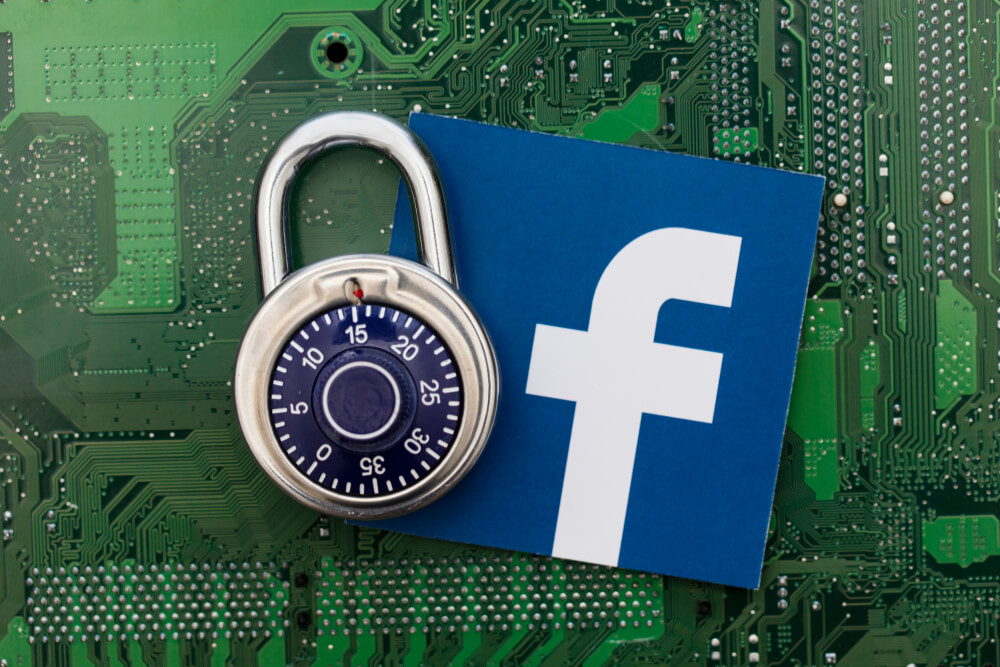It seems that no matter how hard tech companies like Facebook and Google parent Alphabet try, there is no real way to completely secure user data.
Facebook Inc. is already preparing for what could be the largest fine in history related to the Cambridge Analytics data breach — to the tune of $3 billion. While that may be small potatoes to a company that raked in $41.1 billion in cash and securities at the end of 2018, it sends a clear message to tech companies:
Secure your data, or else.
On Tuesday, Google announced during its developer conference the release of new tools aimed at giving users more control over how they are tracked, both at home and on the go.
The move is part of an effort to fight back against scrutiny of data collection practices.
However, not everyone is completely sold on the company’s release.
Jeremy Tillman, president of Ghostery, a platform providing ad-blocking and anti-tracking software, told The Associated Press that Google’s moves were “marginal improvements.”
“They are not bad, but they almost seem like they’re designed to give the company a better messaging push instead of making wholesale improvements to user privacy,” Tillman said.
Google also announced it was extending its “incognito” function from its web browser, Google Chrome, to Google Maps and other search apps.
Facebook countered the questions over user privacy by dedicating its developer conference to find ways of connecting users through more private networks instead of the social network.
However, with the adage that nothing is ever erased on the internet, the same is likely true for data. It has to go somewhere and that means it can be accessed by someone. Nothing is really and truly private.
This holds true, especially after a 2018 investigation that found Google was still able to obtain phone location information even with users disabling the location history.
Princeton computer scientist Jonathan Mayer called Google’s release “unimpressive” and more like “privacy theater” than leadership.
One of the biggest issues in privacy is a lack of government oversight. This could change with the impending fine to Facebook but until then, companies can continue to take data privacy lightly. It is the role of the Federal Trade Commission to use hefty fines as a means to send a strong message that privacy is not to be glanced over.
The large fine coming for Facebook will, most certainly, surpass the $22.5 million levied against Google/Alphabet in 2012 for its misrepresentation of privacy assurances to users. Google also was recently slapped with a record $5 billion fine by the EU.
Shares of Facebook were down 0.20% through Wednesday afternoon trading.
Of course, Facebook is still facing issues with the European Union, Australia, Canada and the United Kingdom over regulatory concerns.
Alphabet Inc. shares dropped more than 1.8% through late Wednesday afternoon trading.




